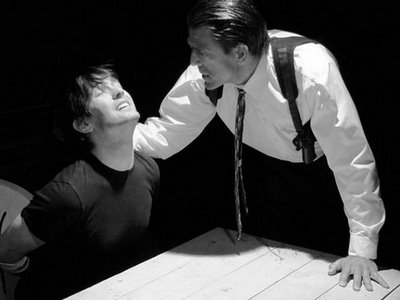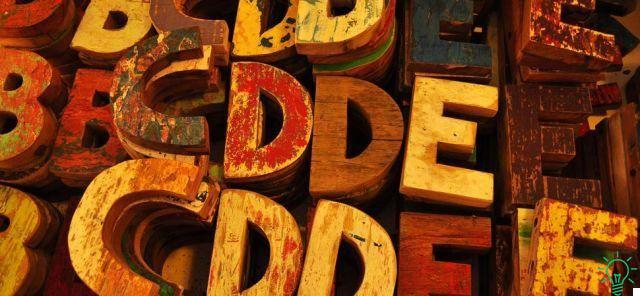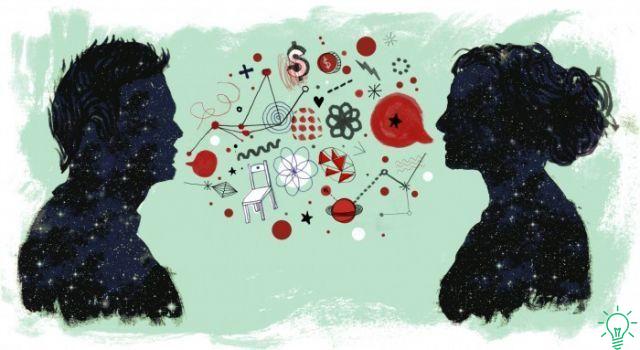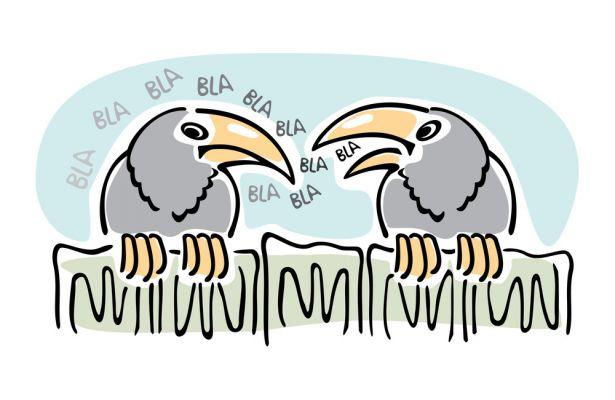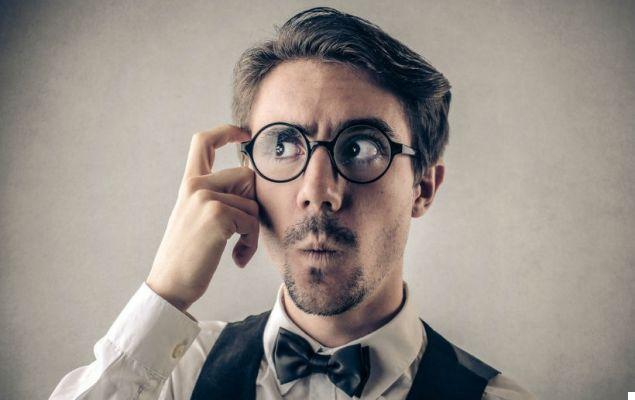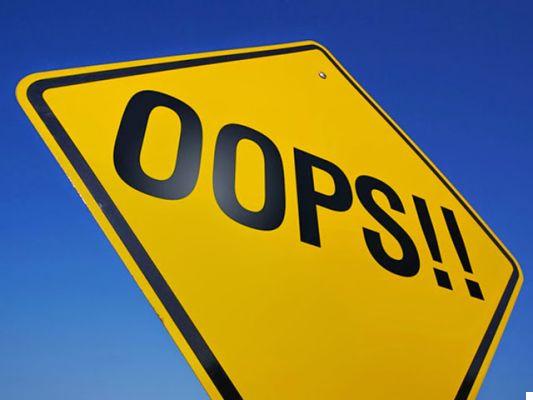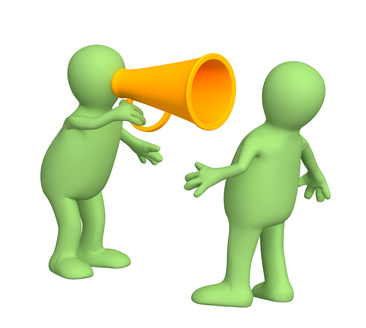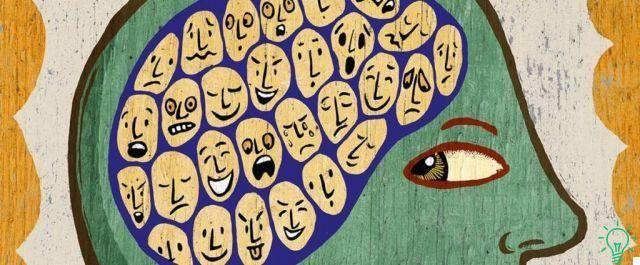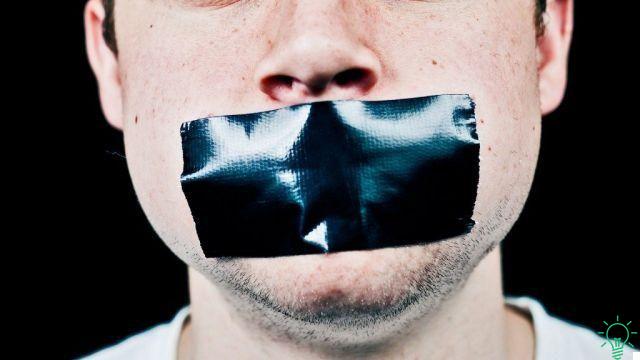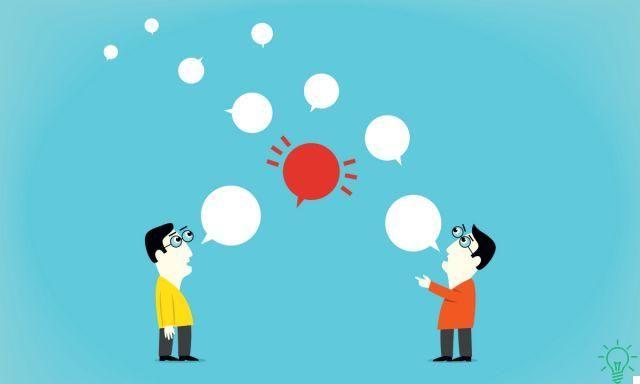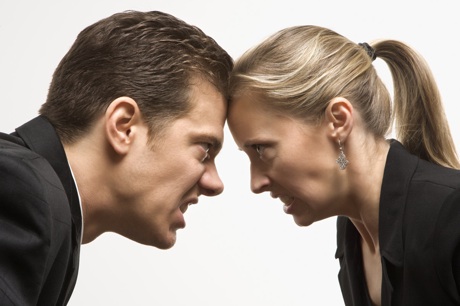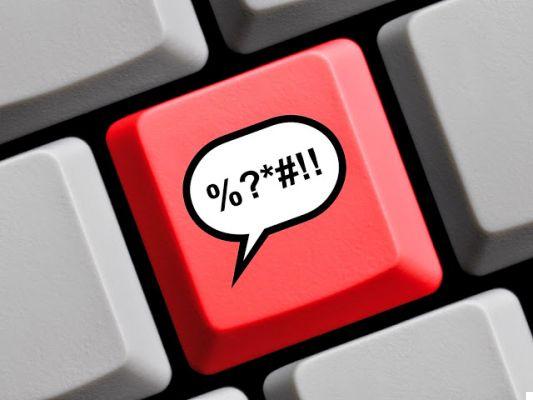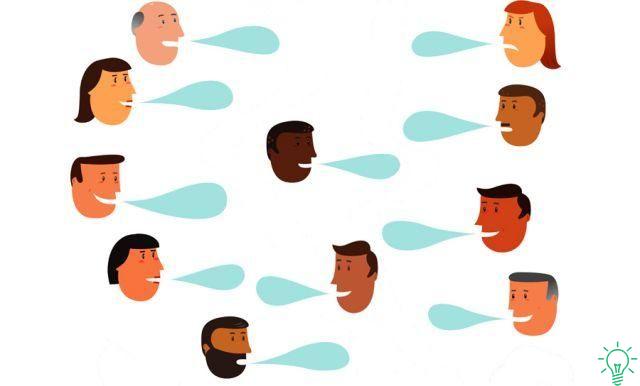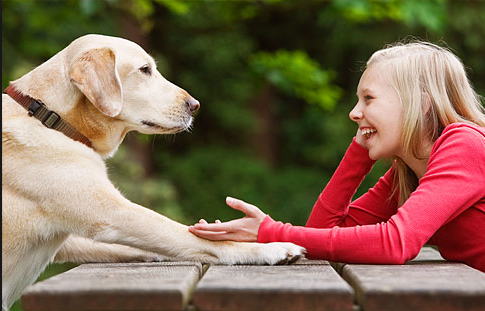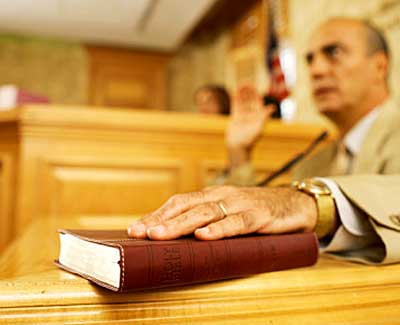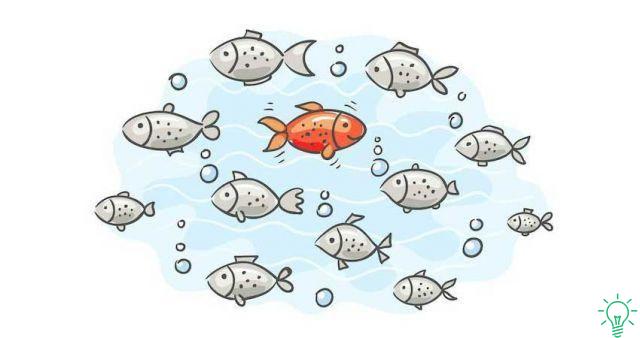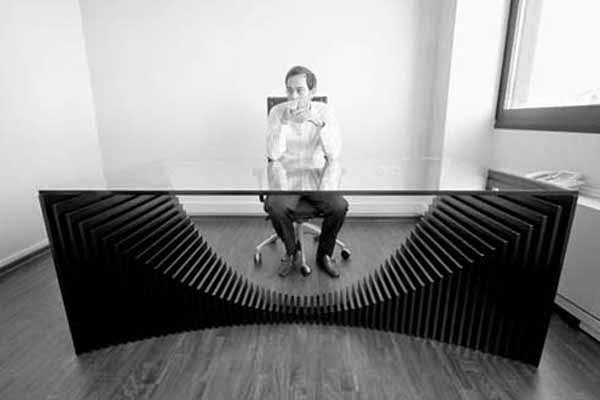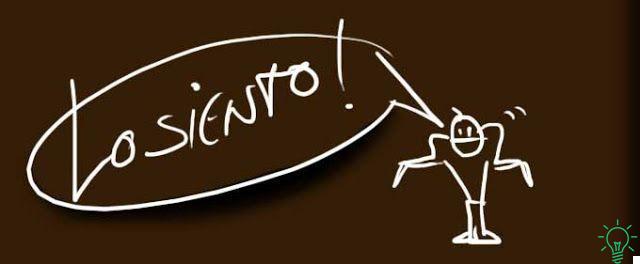
Excuses adequate can help us
to remedy the effects of some errors, but it is certain that we often overestimate
the power of the same.
practically a week goes by without a politician appearing in the media, a
entrepreneur or someone from the entertainment or sports world who asks
sorry for something he did or said. Sometimes the excuses seem genuine, others
sometimes they appear torn from circumstances so we are led to consider them
false. In fact, the "penitent" (and us
included) believes that with an apology he can erase the wrong done but ... an apology
do they really serve to restore its credibility? What happens in everyday life? We, as well as the characters
public, we overconfidence in the power of an apology simply because
we grew up in the "society of excuses". As children we are taught that
we must continually apologize for something we have done or said
bad (sometimes without realizing the mistake). So when do we become
adults we must apologize for everything. How big are ours
expectations with respect to the power of an apology was demonstrated by an experiment
developed by the Rotterdam School of Management. In this study the participants
they were involved in a game of trust. Each was given 10 euros e
they were assigned a companion. They were later told that if they had
given the mate the money this would have tripled, but at this point
it would be the other person (the partner) who would decide how many of the 30
totaled euros would have shared. Anyway, the experiment
there was a trick: the participants were given only 5 euros against 10
promised. Everyone thus felt deceived. Half of them were asked
sorry really while the other half was told just to picture them
apologies. Then each person had to rate from 1 to 7 how effective e
reconciler had been the excuse, real or imagined. Curiously, the people who
they imagined that they were apologized, reported an effectiveness equal to
5,3 while those who received the royal apology scored a 5,5. This
confirmed the researchers' belief that we overestimate power
an apology. Because? Simply because so many of us
they firmly believe that the "mistake" must be corrected and that an apology
they are only the first step in this direction. As if to say, sometimes we expect
more from people than just excuses. However, it must be said that this does not
it means that the excuses are completely ineffective. In fact, when the apologies
they are sincere and the person takes responsibility for what happened, this one
attitude can restore dignity to the "transgressor" and usually enough for
forgive him. However, when we perceive that the apology is false, we do
we irritate; something that often happens in the case of public people. To give a further turn of the screw
to the theme of apologies, another experiment developed by the University of
Chicago has shown that people are less adept at identifying
lies when the apology is directed specifically at them. According to this experiment, the observers
outsiders are better at assessing the sincerity / falsity of an apology than
to the people who receive them. This explains why we generally accept
apologies directed to us personally but we consider false ones made in such a way
generalized to the great mass. Maybe we just want to feel good about us
themselves and for this we accept an apology just like flattery.




